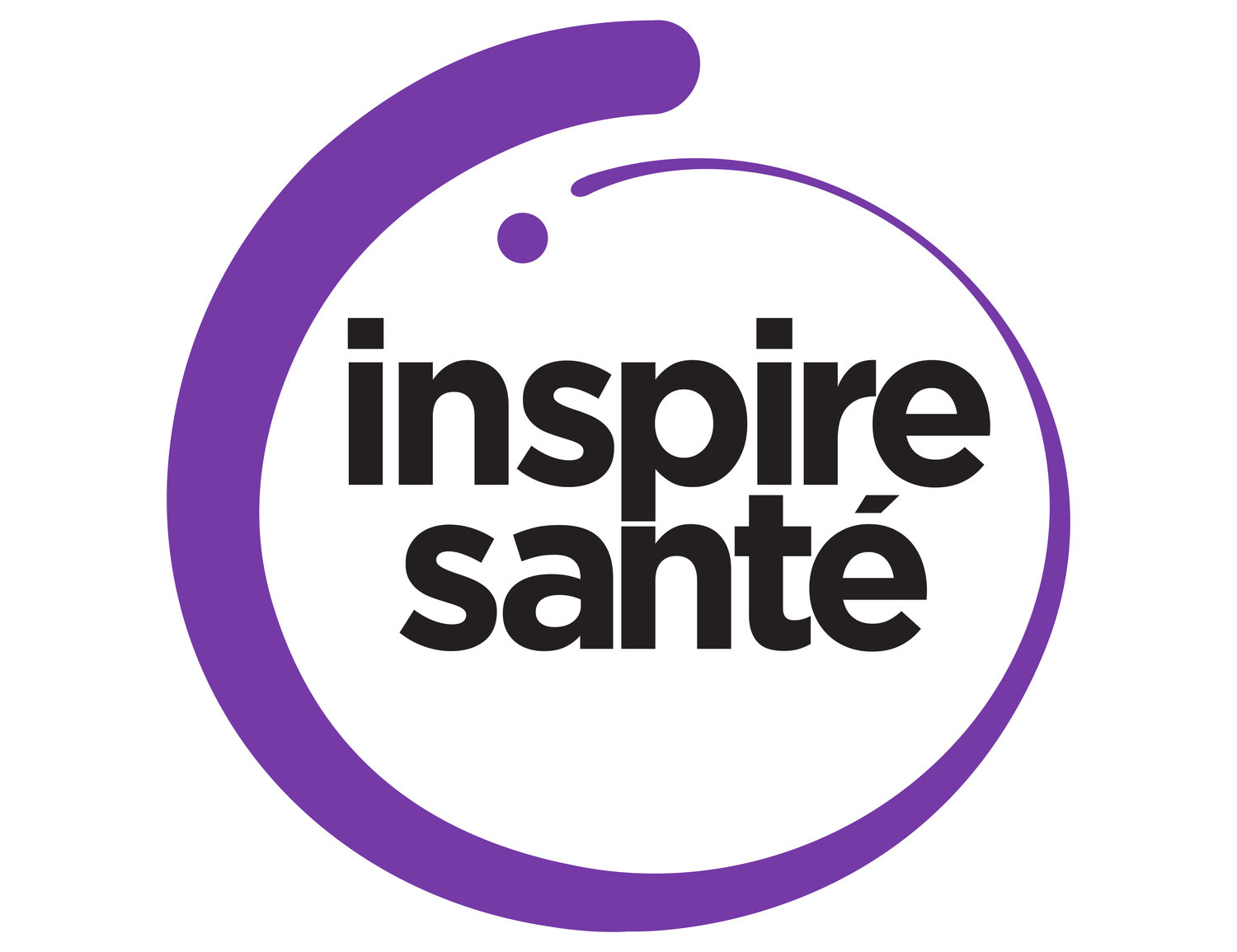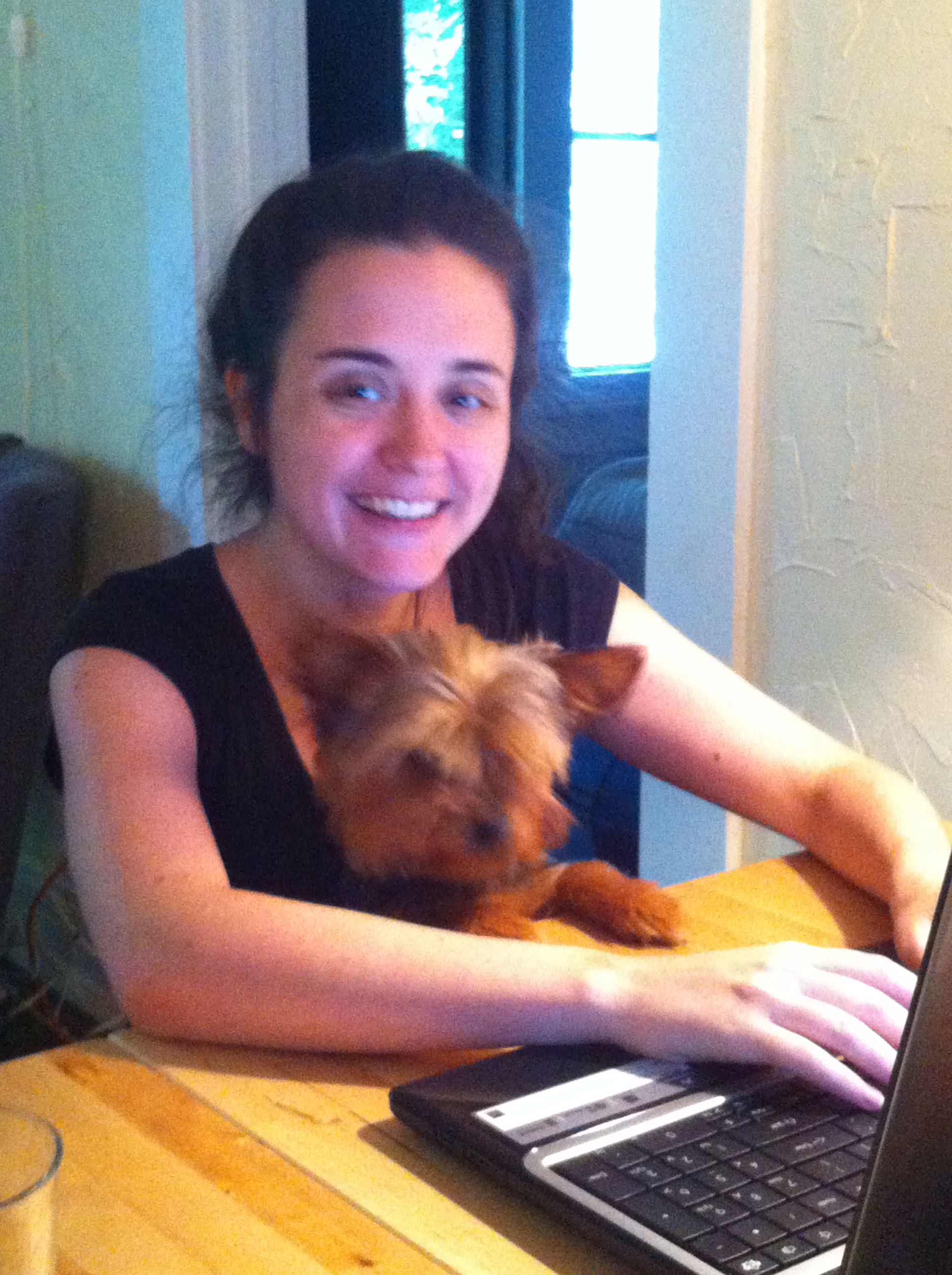Encounters with the Disability Police: my illness, emotional support animal, and "be nice" mandate
/“How much do you have to pay for him to fly with you?”
“Is that vest just a way to get him to fly for free?”
“Oh, I have a ‘quote’ emotional support animal ‘end quote’ at home too. [chuckles]”
“Are you disabled? Why do you need him?”
“Can my kids pet / play with / engage with him?”
“Why do you need to pre-board?”
These questions come tumbling at a healthy-appearing young person standing at the airport with a red-vested Emotional Support Animal (“ESA”). I was that healthy-appearing person, battling numerous invisible illnesses and unspeakable chronic pain. My ESA was Crosby, my small silky terrier mix who accompanied me everywhere. By the time I reached the gate, Crosby’s documentation from my doctor had already been shown to 3 airline employees, all of whom scrutinized it like they were checking me against the No-Fly List. After noting that it was, indeed, valid medical documentation from a valid doctor on valid stationery with a valid diagnosis and valid date, they would shrug: “Ok, you can bring him on the plane.” Once on the plane, an attendant would insist: “He must travel under the seat!” I’d respond that their rules dictate to the contrary; an ESA is permitted to sit on my lap, and his sitting with me through the flight was precisely why he had joined me. These mini-confrontations embarrassed me as they drew the glances and ire of travelers around me trying to board the plane.
“You’re not even really disabled.”
The questions about Crosby were echoed in everyday situations too. I was asked why I felt entitled to use the handicapped parking spot (for which I had a valid placard) or why I used the single-stalled disabled/family bathroom or why I was in a wheelchair. Every “shortcut” that I took because I was disabled sent me tumbling into a stranger’s humiliating and critical inquiries. Most of my accusers were middle-aged white couples, for what that’s worth. And they followed a formula, which I began to notice over time. The man would scrutinize me, looking head to toe for my “disability,” while the woman asked questions. Then they’d switch roles after her gentle approach had failed to elicit juicy answers. Her syrupy “gosh, you just look too young to be sick” would be replaced by his “are you even disabled?”
I lost my cool only once, in a parking lot exiting my car, in a handicapped spot. A man yelled at me for not being “really disabled” and said I shouldn’t be parking there. Humiliated (I wish I could say indignant, but I wasn’t), I yelled back: “you know nothing about me.” Like so many others, he didn’t know anything about me, but he felt entitled to find out.
Some fellow plane passengers asked me if Crosby was really just my pet but I didn’t want to pay to fly with him (as if it would be a little secret between just me and said nosey stranger). The brazenness of this question was outdone only by their suggestion of what was “really going on.” They had detected a scammer – someone trying to pass their pet off as an ESA!
At the time, I weighed about 100 pounds and was pale and hunched over. I thought I looked sick, but I didn’t feel like explaining to them that I was sick. I didn’t feel like telling them that I was making my weekly trip out-of-state for medical treatment, and that night in my hotel room, I would clutch Crosby as I lay there sobbing in pain. Only by placing my hand over his chest and steadying my breathing to match his would I be able to fall asleep. I didn’t feel like telling them that, should I spend the night on the floor of my hotel bathroom vomiting from a new medication, he would lie there beside me and offer comfort. I didn’t feel like telling them that after receiving nerve blocks that were unspeakably painful, Crosby’s warmth was the only thing saving me from the brink of a panic attack.
My pain was real, but my limp was not.
I didn’t feel like sharing these intimate, sometimes embarrassing, intensely personal details. I felt ashamed when people acted like I was gaming the system. I questioned how much I really needed Crosby, a disabled parking space, a wheelchair valet at the airport, a cushioned chair when dining with friends, or yet another call to the on-call physician when my pain spiked during a holiday weekend. Others’ judgment and treatment of me transformed my own beliefs about the legitimacy of my illness. I unintentionally invalidated my own body’s experience of pain, and I’d allowed those who chastised me for “taking advantage” to usurp my right to be treated decently outside the confines of my own home. In letting people like this dictate how I would care for myself while enduring unspeakable pain, I somehow lost ownership of my experience. I stopped using the handicapped parking space because I didn’t want to be yelled at, and worse yet, because I began to believe that I wasn’t disabled enough to use it. As I lifted out of my wheelchair and into my airplane seat, my pain was real, but my limp was not. Not yet, anyway.
Unconsciously, I began to assume the affect of a “disabled person” as others told me a “disabled person” looked. One thing was true: I was disabled and in great pain, and I was incapable of rising to the occasion being demanded by others. While these affects – a limp, an exaggerated grimace – made others more aware of my disabled condition, they soon became part of my disability. When I met the physical therapist who ultimately helped me recover, I had to relearn to walk without a limp or widened gait; walking normally was too painful. I needed to relearn to launch myself from a chair or car seat without grimacing and groaning. These weren’t feigned affects, and they weren’t me “faking it.” They were my body’s instinctive means of eliciting a little more kindness and patience and empathy when I was out in the world – just enough so that I could be out in the world. For those who comprised my “world” – what a failing of their empathy organ as I struggled through already-unthinkable amounts suffering! Seriously, y’all – you just piled it on.
2017 will be my third year of health, yoga, and embracing life. After a year of watching our country’s potential leaders publicly lambast and humiliate each other, I hope that we can make a collective commitment to be more gracious to those around us. If anything, let my story serve as a reminder that we truly never know another’s suffering, and it’s also truly none of our business. So just be nice. :)























